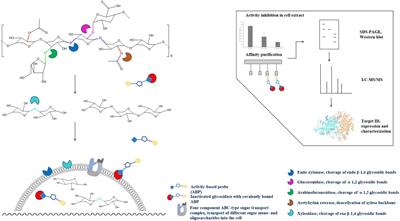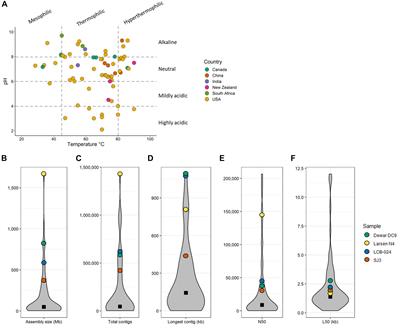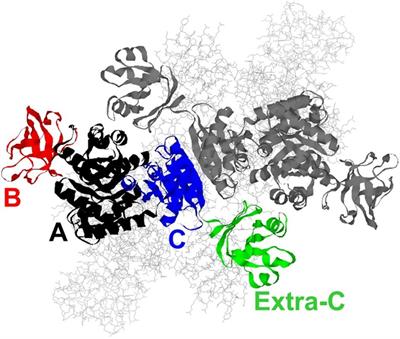EDITORIAL
Published on 04 May 2022
Editorial: Extremophiles in Lignocellulose Degradation
doi 10.3389/fmicb.2022.915291
- 1,007 views
- 1 citation
9,385
Total downloads
42k
Total views and downloads
EDITORIAL
Published on 04 May 2022
ORIGINAL RESEARCH
Published on 12 Jan 2022

ORIGINAL RESEARCH
Published on 25 Nov 2021

ORIGINAL RESEARCH
Published on 01 Oct 2021

REVIEW
Published on 09 Sep 2021

ORIGINAL RESEARCH
Published on 07 Sep 2021

ORIGINAL RESEARCH
Published on 11 Aug 2021

ORIGINAL RESEARCH
Published on 21 Apr 2021

ORIGINAL RESEARCH
Published on 17 Feb 2021
